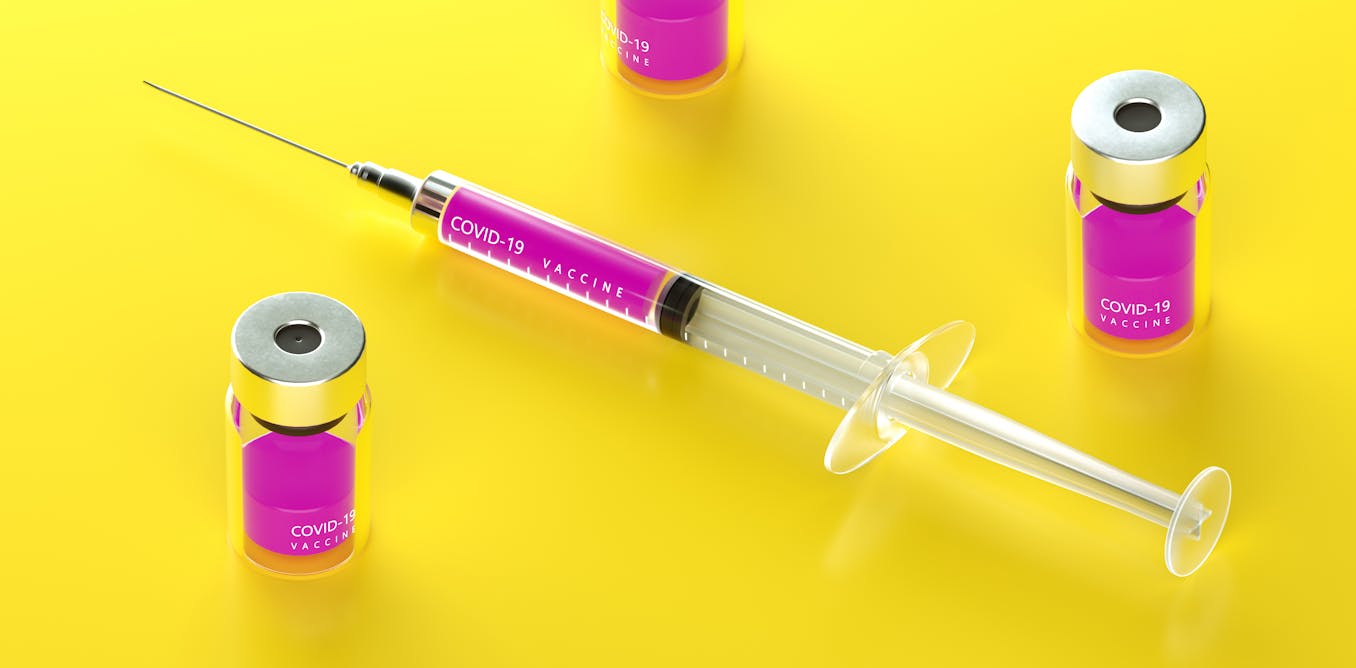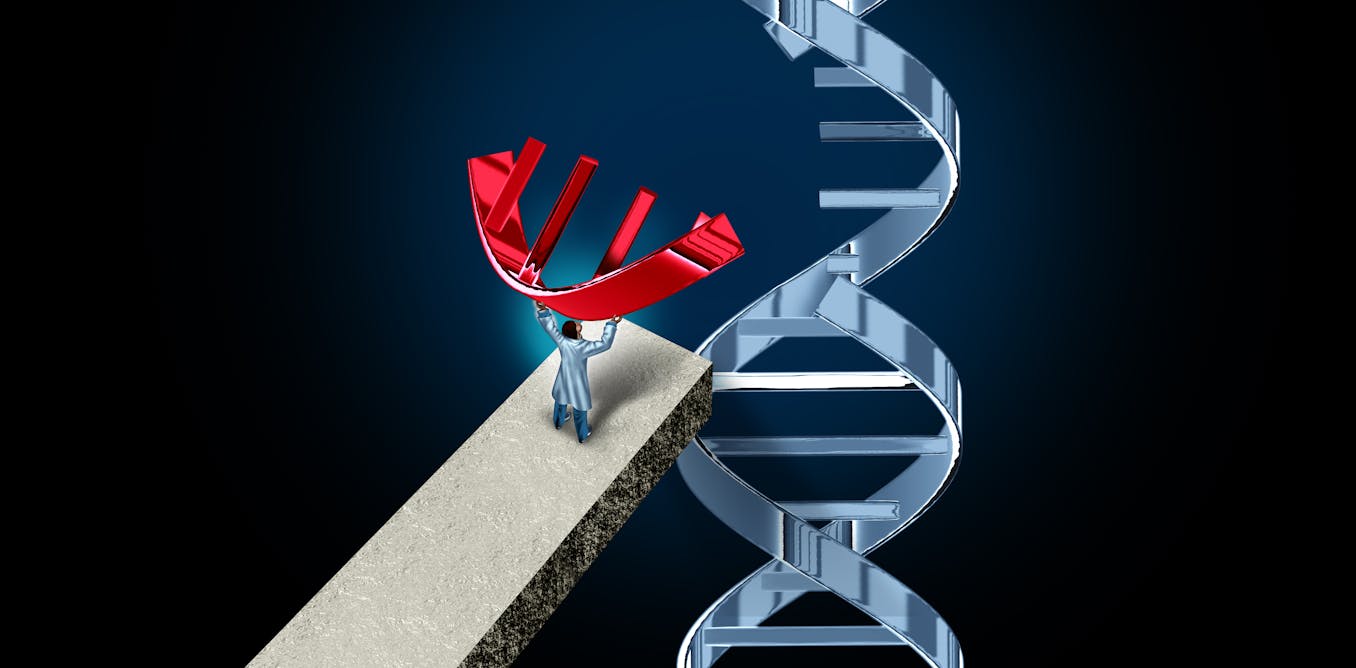Viking DNA and the pitfalls of genetic ancestry tests
Genetic ancestry tests may sound like a bit of fun, but in an era marked by increasing xenophobia, it's important to be aware of the interplay between genetics and ideas of race.
April 9, 2021 • ~6 min








